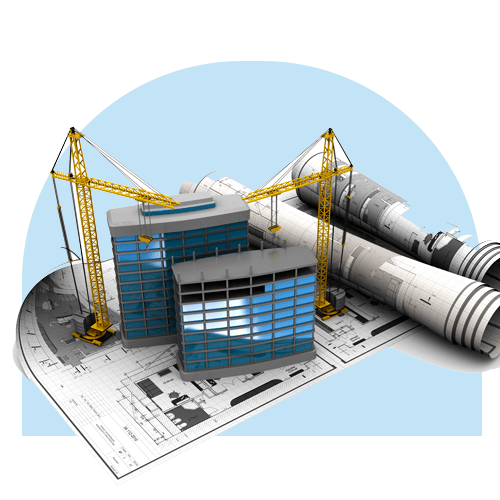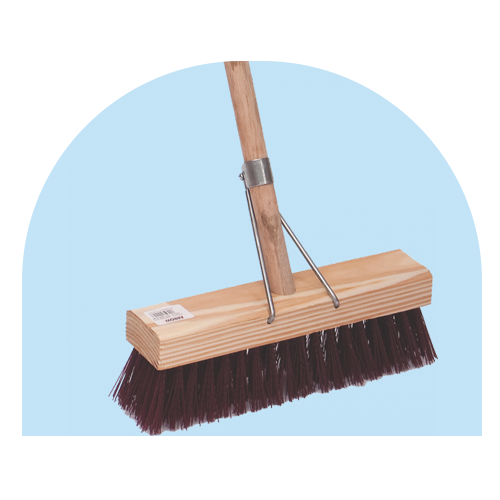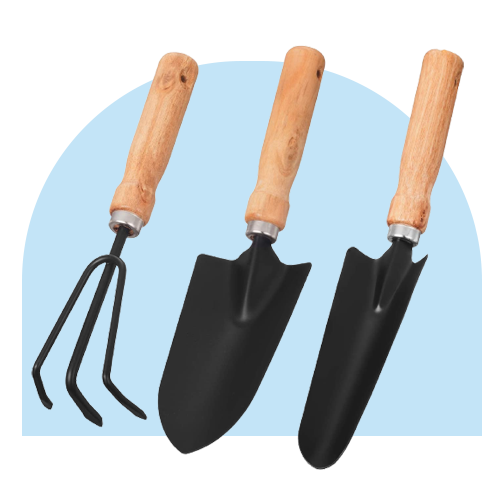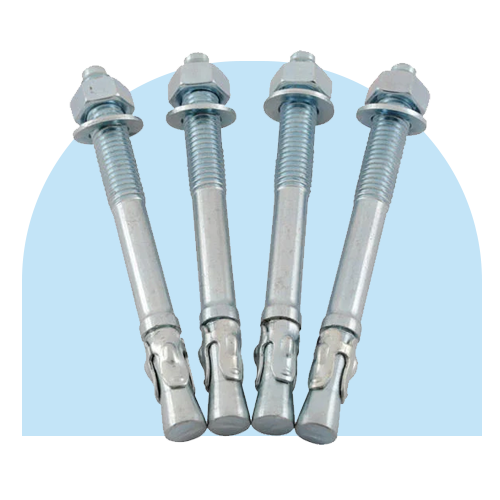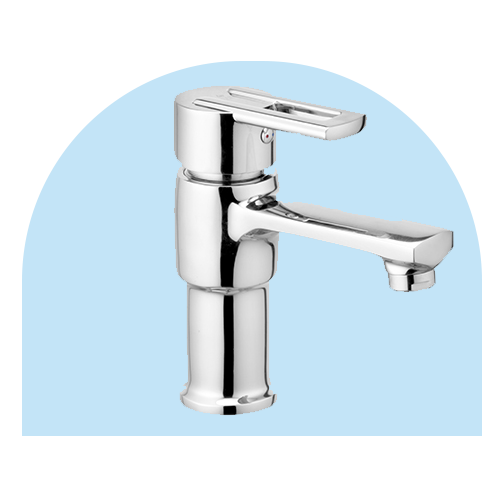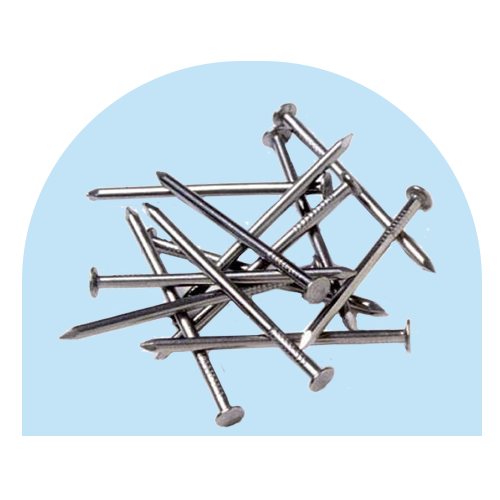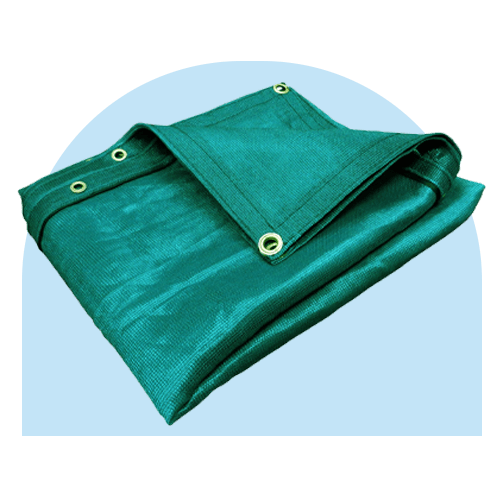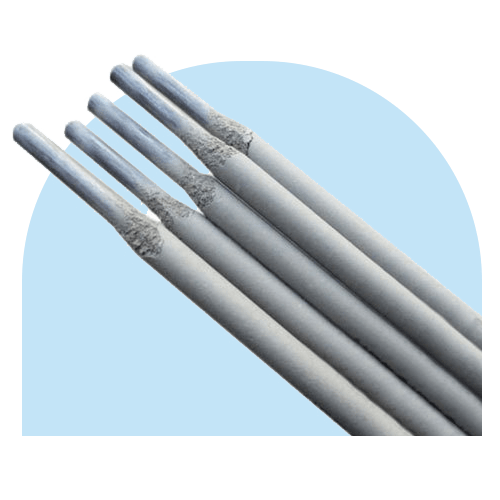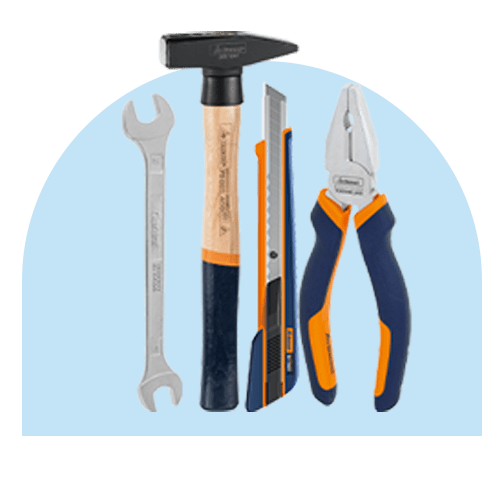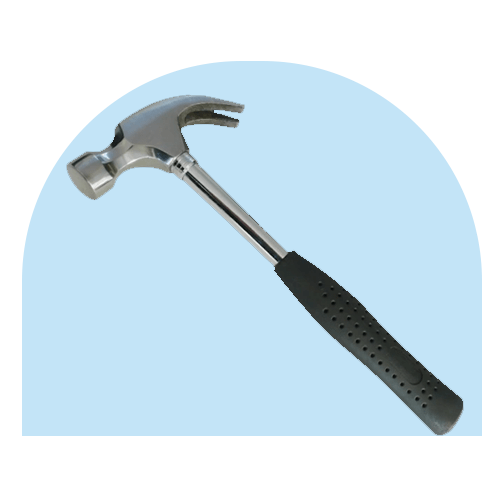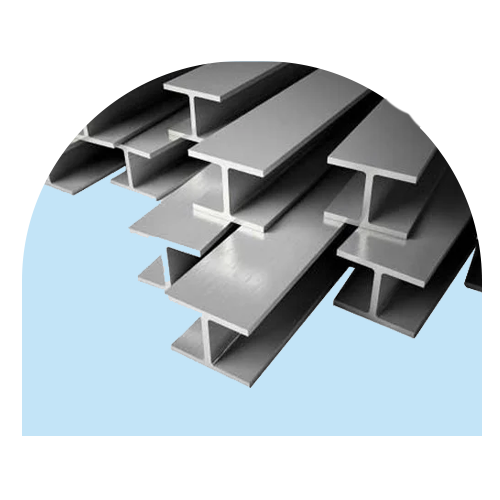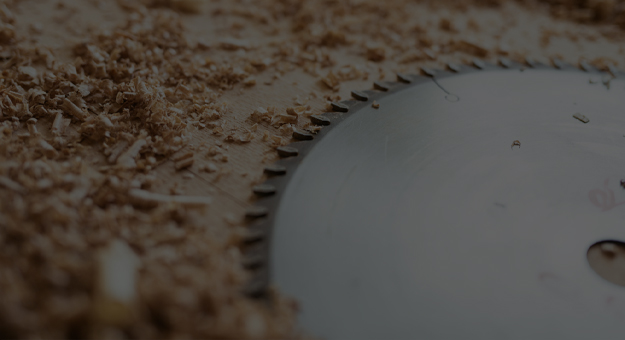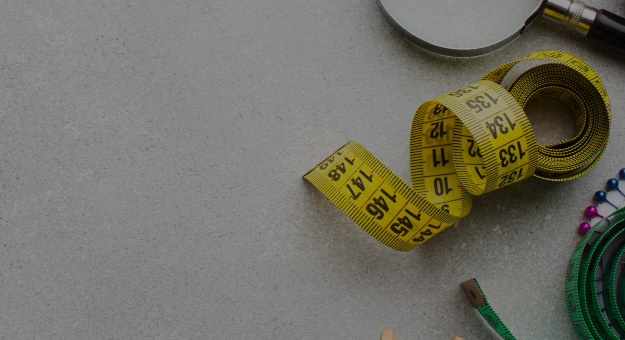

DUBAI BUILDING MATERIALS
POPULAR CATEGORIES
DL- PVC Surface Cleaner 500ml
Gypsum Powder
Floor Drain 20×20
Bath Hose
Inlet Hose
Shovel Metal
Dubai Building Materials:
The dubai building materials, a critical aspect of its architectural marvels, are a testament to innovation and sustainability. These materials, from traditional adobe to advanced intelligent technologies, shape the city’s iconic skyline. Amidst challenging climates, Dubai engineers use specialized materials to withstand extreme conditions. Explore Dubai’s unique blend of tradition and cutting-edge innovation in construction.
Understanding the Importance of Quality Building Materials:
The Basis Of Each Project:
Before we explore the specifics, it’s vital to comprehend the role of quality building materials in any construction project. The foundation of any structure is as critical as its design, and it all begins with selecting the suitable materials.
Long-Term Reliability:
Commercial buildings in Dubai are built for more than just the present; they are constructed to withstand the test of time. Quality materials ensure the durability and longevity of these structures, protecting investments for years to come.
The Dubai Construction Boom:
Dubai’s skyline is constantly evolving, and it’s no coincidence. The city has experienced a remarkable construction boom over the past few decades, creating iconic structures like the Burj Khalifa and the Palm Jumeirah.
The Diversity Of Dubai Building Materials
Traditional vs. Modern Materials:
Dubai offers a fascinating blend of traditional and modern building materials. The options are diverse, from ancient mud bricks to cutting-edge steel and glass.
Sustainable Choices:
Sustainability has recently gained popularity in the building sector. Discover how Dubai incorporates eco-friendly materials into its commercial projects.
What We Are Offering On Dubaibm:
Tile Adhesive:
Tile adhesive is a specialized glue that securely affixes tiles, such as ceramic or porcelain, to surfaces. It ensures a strong bond, durability, and moisture resistance, making it a crucial component in tile installations for residential and commercial projects.
Gypsum Powder:
Gypsum powder is a fine white or off-white powder made from gypsum. It is commonly used in construction and agriculture for various purposes, including as a soil conditioner, a component of plaster and drywall, and in making molds and casts.
Concrete Nails:
The concrete nails are specialized fasteners designed for securely attaching objects to concrete surfaces. They have hardened steel construction and a sharp point, making them suitable for penetrating concrete and providing solid and lasting connections. These nails are commonly used in construction and DIY projects for affixing items like framing, molding, and fixtures to concrete walls or floors.
Welding Rods:
The welding rods, or welding electrodes are metal wires or sticks used in welding processes. They are filler material that melts and fuses with the joined metals. Welding rods come in various types and compositions, each suited to specific welding applications, such as steel, aluminum, or stainless steel welding. They are a fundamental component in welding, ensuring solid and durable connections in various industries, including construction, manufacturing, and automotive.
Barbed Wire:
Twisted wires with sharp barbs placed regularly make up barbed wire fencing material. It is commonly used in agriculture and security applications to create barriers that deter unauthorized access and prevent the passage of animals or intruders. Barbed wire is known for its effectiveness in providing a low-cost and effective means of fencing and protection.
Box Cutter:
A box cutter, a utility knife, or a razor blade knife is a handheld cutting tool with a retractable razor-sharp blade. It is widely used in various industries and for household tasks to cut cardboard, plastic, paper, and other materials with precision and ease. Box cutters are valued for their versatility, allowing for efficient and controlled cutting, making them a standard tool in packaging, shipping, and general DIY projects.
Door Handles:
The door handles are essential hardware components used to open and close doors. They come in various styles, materials, and designs, serving functional and aesthetic purposes. Door handles provide entry and exit while adding a decorative element to doors, making them a crucial aspect of interior and exterior design in homes and buildings.
Fasteners:
The fasteners are mechanical devices or components that securely join two or more objects. They come in various forms, including screws, bolts, nuts, and rivets. Fasteners play a critical role in construction, manufacturing, and everyday applications, ensuring that materials and components remain connected and stable.
Hand Gloves:
The hand gloves, often called gloves, are protective hand coverings. They are typically made of various materials, including fabric, leather, rubber, or synthetic, and are worn to provide protection, warmth, or grip. Gloves serve multiple purposes, from keeping hands warm in cold weather to providing safety in various work environments, such as construction, healthcare, and manufacturing.
Hand Tools:
The hand tools are manually operated, so they do not require electricity or other power sources. They are designed for a wide range of tasks and are typically held and used by hand. Hand tools include hammers, screwdrivers, pliers, wrenches, and saws. Hand tools are essential for various DIY projects, construction tasks, repairs, and maintenance work, offering versatility and precision in multiple applications.
Painting Tools:
The painting tools are essential for applying paint to various surfaces, such as walls, furniture, or artwork. These tools include brushes, rollers, paint trays, sprayers, and painter’s tape. Painting tools are crucial for achieving a smooth and even paint finish, allowing professionals and DIY enthusiasts to transform spaces and objects with colour and style.
Safety Equipment:
The safety equipment comprises various protective gear and devices designed to minimize the risk of injury or harm in multiple environments and situations. Examples of safety equipment include helmets, goggles, gloves, respirators, safety vests, earplugs, and more. These items are essential in workplaces, sports, construction(construction material store) sites and other settings where safety hazards exist. They help safeguard individuals from accidents, potential dangers, and health risks, promoting a safer and more secure environment.
Sanitary Ware:
The sanitary ware refers to a range of bathroom fixtures and fittings designed for hygiene and sanitation. It includes toilets, sinks, bathtubs, showers, bidets, and accessories. Sanitary ware is integral to modern bathrooms, ensuring cleanliness, convenience, and functionality in residential and commercial settings. These fixtures are available in various styles, materials, and designs to suit different aesthetic preferences and functional needs.
Adhesive Tape:
The adhesive tape, often called tape, is a flexible strip of material coated with a sticky substance on one or both sides. It is used for various purposes, including sealing, bonding, packaging, and repairing. Adhesive tapes come in numerous types, such as duct tape, masking tape, and scotch tape, each tailored to specific applications. They are versatile and handy tools for everyday and professional tasks.
Sourcing Building Materials in Dubai:
Local vs. Imported:
We are exploring the pros and cons of using locally sourced materials versus imported ones, considering cost, availability, and quality.
The Role of Suppliers:
A detailed look at the manufacturers and building material suppliers in dubai, ensuring a smooth procurement process.
Finding The Right Building Materials Shop:
Top Building Material Suppliers in Dubai:
Dubai boasts a plethora of building materials suppliers, each offering a unique range of products.
Online vs. Physical Stores:
Discover the pros and cons of shopping for building materials online(building materials store) versus visiting physical stores(building materials near me).
Innovative Materials and Technologies:
Dubai’s commitment to innovation extends to its building materials. From self-healing concrete to advanced insulation, the city is at the forefront of adopting cutting-edge technologies.
Quality Control and Regulations:
Dubai places a high premium on construction quality and safety. Stringent regulations ensure that building materials meet the highest standards, minimizing risks to both residents and structures.
Cost Considerations:
The cost of building materials dubai plays a pivotal role in construction projects. We’ll explore how Dubai manages the balance between quality and cost-effectiveness.
Architectural Marvels of Dubai:
Some of the most stunning structures in the world may be found in Dubai’s skyline. We’ll take a closer look at the stories behind these architectural marvels.
Challenges in Procuring Building Materials:
The construction industry in Dubai faces its share of challenges, from supply chain disruptions to market dynamics.
Supply Chain Issues:
Uncover the impacts of global supply chain disruptions on the availability of building materials.
Market Trends:
Stay informed about the latest trends shaping the Dubai building materials market.
The Future Of Building Materials Dubai UAE:
The desire for innovation in Dubai has no bounds. Several trends are expected to shape the city’s building materials landscape as we look to the future.
Vertical Gardens: A Greener Skyline
Vertical gardens are gaining popularity in Dubai as they bring nature into the urban jungle. These live walls enhance air quality while also being aesthetically pleasing.
Solar Materials: Harnessing The Sun’s Power
Solar materials are becoming increasingly important in a city known for its year-round sunshine. Solar panels integrated into building materials are poised to revolutionize energy generation and consumption.
Recycled and Reusable Materials: Sustainability Redefined
Dubai aims to reduce its ecological footprint by extensively using recycled and reusable building materials. Sustainable choices are the way forward, from recycled steel beams to reclaimed wood.
